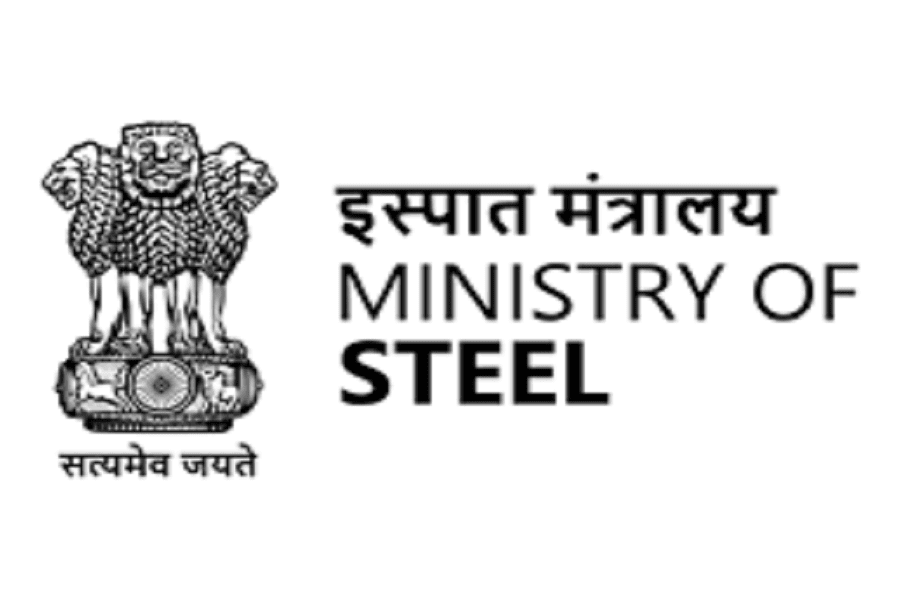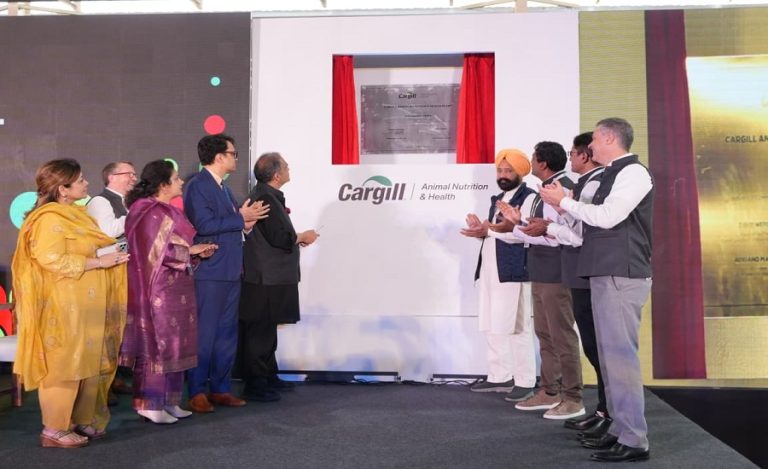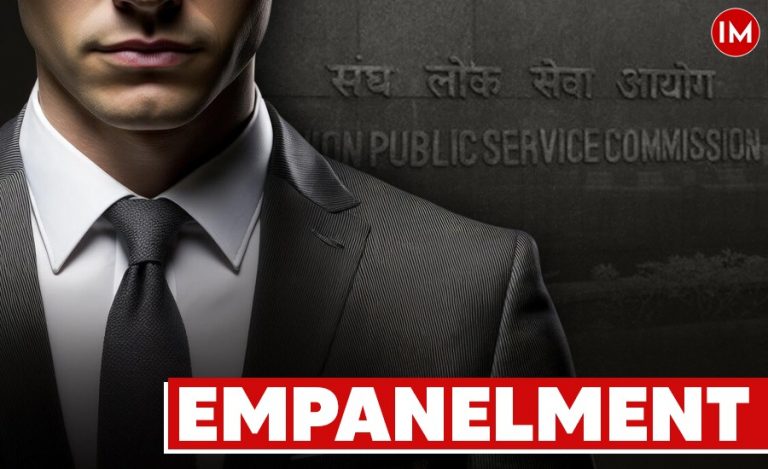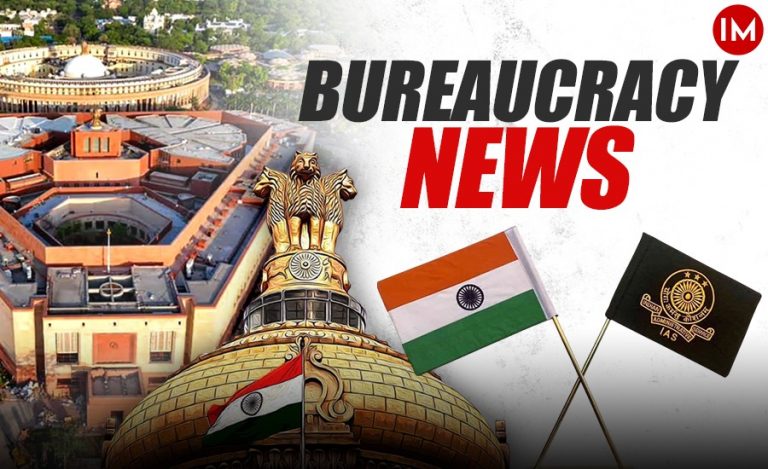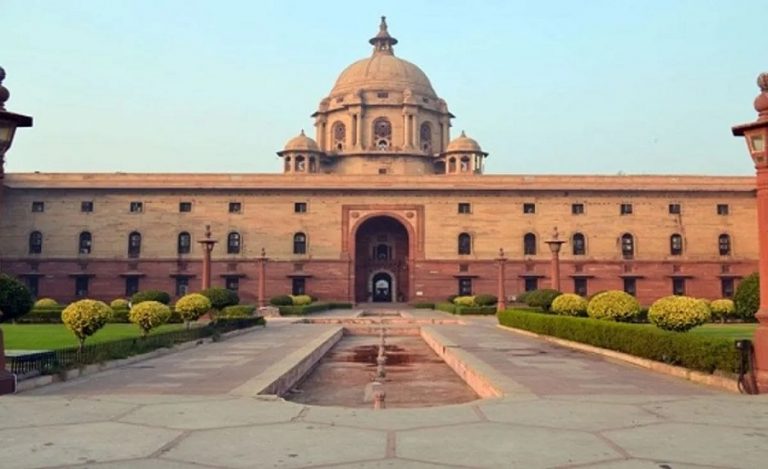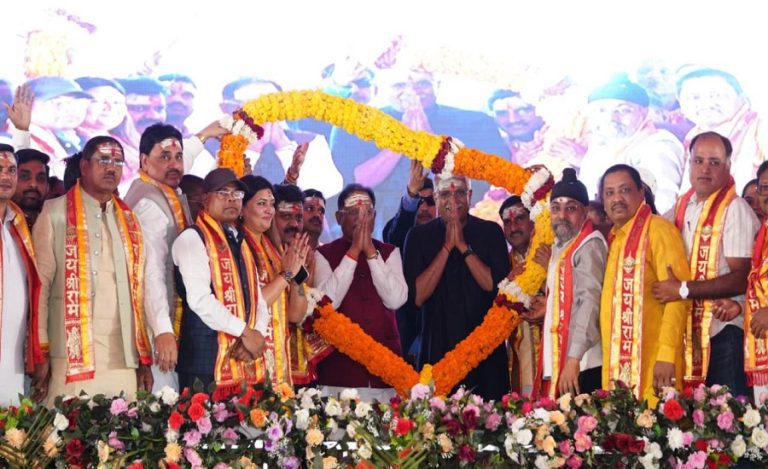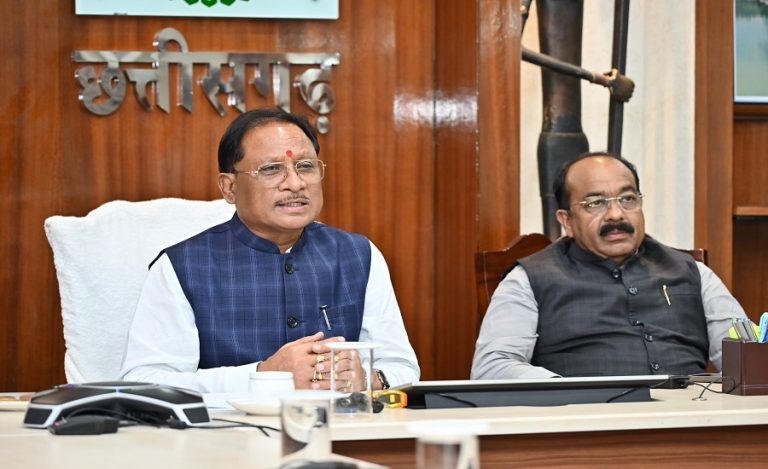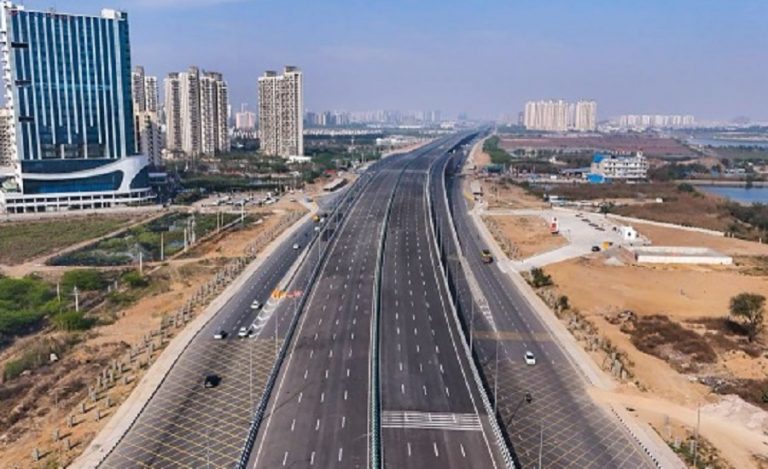New Delhi: The Government of India is taking all necessary steps to ensure that both the quality and pricing of steel remain optimal, Steel Secretary Sandeep Poundrik said on Thursday, expressing confidence that the country is on track to achieve its ambitious target of 300 million tonnes (MT) of steel production by 2030.
Speaking on the sidelines of the Steel India 2025 event, Poundrik underscored the importance of regulatory measures, including the recent imposition of a 12% provisional safeguard duty on select steel imports. The duty, applicable for 200 days, aims to protect domestic producers from a surge in cheap, low-quality steel imports.
“The government has already imposed a safeguard duty, which will be appropriately modified based on recommendations from the Directorate General of Trade Remedies (DGTR). We are committed to ensuring that only quality steel enters the country, not just low-cost, substandard material,” Poundrik said to Media.
He emphasized the role of quality control measures, noting that the government is bringing most steel grades under Quality Control Orders and Bureau of Indian Standards (BIS) norms.
The safeguard duty, recommended by DGTR after its investigation revealed injury to domestic industry due to steel dumping, is provisional. The final decision on the duty’s rate and duration will be made after DGTR submits its conclusive findings.
In a forward-looking move, the government is also preparing an international cooperation strategy to boost the global presence of Indian steel companies. This includes encouraging firms to establish offices abroad, acquire mining assets, and collaborate internationally on technology.
“We are now encouraging our companies to become international players rather than being only domestic players,” Poundrik added.
Earlier in the day, Prime Minister Narendra Modi, addressing the event virtually, identified raw material security as a key challenge for the sector. “We still depend on imports for nickel, coking coal, and manganese. We must strengthen global partnerships, secure supply chains, and focus on technology upgrades,” the Prime Minister said.
Highlighting progress in capacity building, Poundrik noted that India has already added 21 million tonnes of steel capacity in the past year, taking the total to 200 MT. “With the current expansion plans and ongoing projects, we are confident of reaching 300 million tonnes by 2030,” he said.

